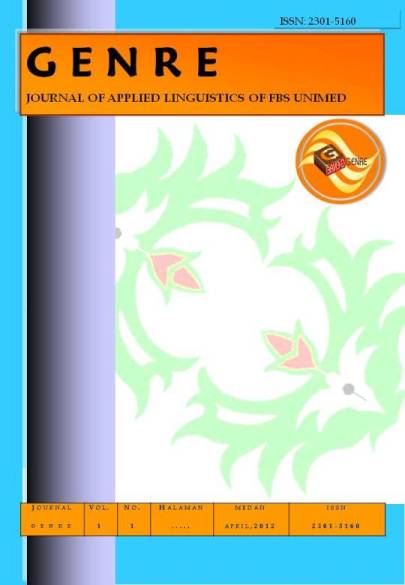Unscripted Emotions: Analyzing Expressive Speech Acts in the Korean Talk Show Titled No Prepare
DOI:
https://doi.org/10.24114/gj.v14i1.68221Abstract
Most studies on expressive speech acts in Korean have primarily focused on theoretical frameworks, with limited attention to their use in informal and spontaneous contexts. Addressing this gap, the present study investigates expressive speech acts in the YouTube reality show No Prepare Season 2. Using a qualitative descriptive method, the research centers on the host’s utterances to examine the forms and functions of expressive speech acts. The findings indicate that most expressive acts are delivered indirectly, reflecting the host’s preference for implicit emotional expression. Emotions such as happiness and surprise were the most frequently observed, reinforcing the show’s lighthearted and positive tone. In contrast, expressions of anger and dislike were strategically employed as humor to highlight the guests' appeal. This demonstrated that expressive speech in this context serves both emotional and entertainment purposes. Emotional openness was greater in close or equal relationships, while social distance led to more restrained expression. Nevertheless, the host’s communicative style which marked by humor, politeness, and spontaneity enabled smooth and engaging interactions across different social dynamics.Downloads
Published
2025-01-06
Issue
Section
Articles
License
Copyright (c) 2025 Cassandra Putri Vincka Azzahra, Putu Pramania Adnyana

This work is licensed under a Creative Commons Attribution-NonCommercial-NoDerivatives 4.0 International License.
Authors who publish with this journal agree with the following terms:
- Authors retain copyright and grant the journal right of first publication with the work simultaneously licensed under a Creative Commons Attribution License that allows others to share the work with an acknowledgment of the work's authorship and initial publication in this journal.
- Authors are able to enter into separate, additional contractual arrangements for the non-exclusive distribution of the journal's published version of the work (e.g., post it to an institutional repository or publish it in a book), with an acknowledgment of its initial publication in this journal.
- Authors are permitted and encouraged to post their work online (e.g., in institutional repositories or on their website) prior to and during the submission process, as it can lead to productive exchanges, as well as earlier and greater citation of published work (See The Effect of Open Access).
- This work is licensed under a Creative Commons Attribution-ShareAlike 4.0 International License.







.png)


